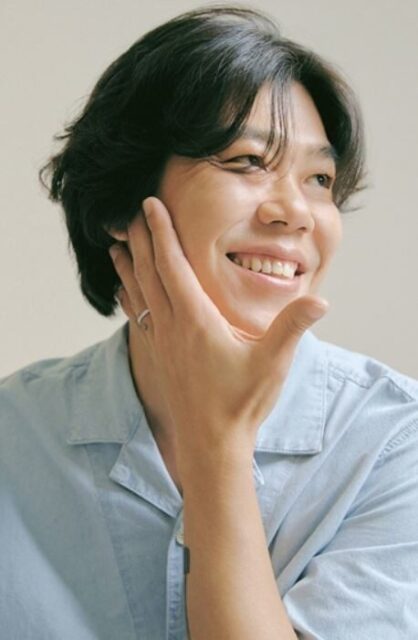A young North Korean YouTube vlogger rapidly gained attention in South Korea for several reasons. The very fact that a North Korean civilian could access YouTube to upload vlogs is in itself a wild phenomenon that has led to lengthy discussions online.
The topic came into the public eye after SBS News covered the story of 11-year-old Song Ah, a YouTuber from Pyongyang, North Korea. She uploaded vlogs on her “personal” channel that showcase her “daily” life in North Korea. Speaking in fluent English, that too with a British accent, Song Ah is always seen praising the quality of life in the capital city.
However, South Korean experts and netizens were convinced that this was part of the new wave of propaganda from the North Korean government.
According to Lee Woo Yeong, a professor at the University of North Korean Studies in Seoul, the Kim Jong Un administration evolved its propaganda strategies to make it more relevant and appealing to global trends.
Kim Jong Un’s globalization is said to be externally oriented to the world, and new media, such as Instagram and YouTube are actively being used.
—Professor Lee Woo Yeong
SBS News also pointed out the existence of another vlogger who goes by the name Yang Il Sim who posts content in Chinese talking about North Korea’s universities, high-end housing, and COVID-19 infrastructures.
Korean netizens had a variety of reactions to the SBS News report. While some criticized North Korea’s obsession with image-building, others praised Song Ah’s English skills with fondness.
Translations:
1. “There is no happiness, fun in the kid’s eyes…this is too much really.”
2. “It’s crazy to me that our lives can turn out so different just by which side of this tiny land you were born on. We should all be grateful that we were born in South Korea.”
3. “Wow but her English pronunciation is amazing. She’s really good.”
YouTube videos showing “normal” life in North Korea, capturing supermarkets, schools, and home life existed before as well. But they were always posted through state-owned channels. This flow of content from accounts that seem to be personally owned is a new trend. According to professor Yeong, these efforts are meant to create “A certain effect of diluting the image of North Korea in the past.”
Nowadays, while she is not on YouTube anymore, she still makes appearances in the public spotlight. A few months ago, she was noted for winning an English speech contest as she has now entered her first year of middle school.







